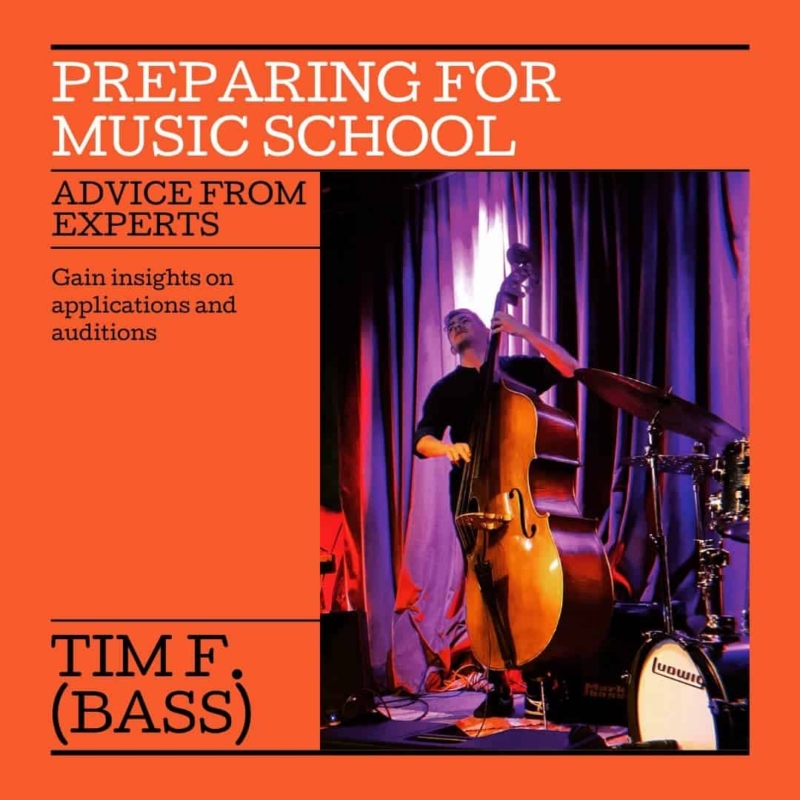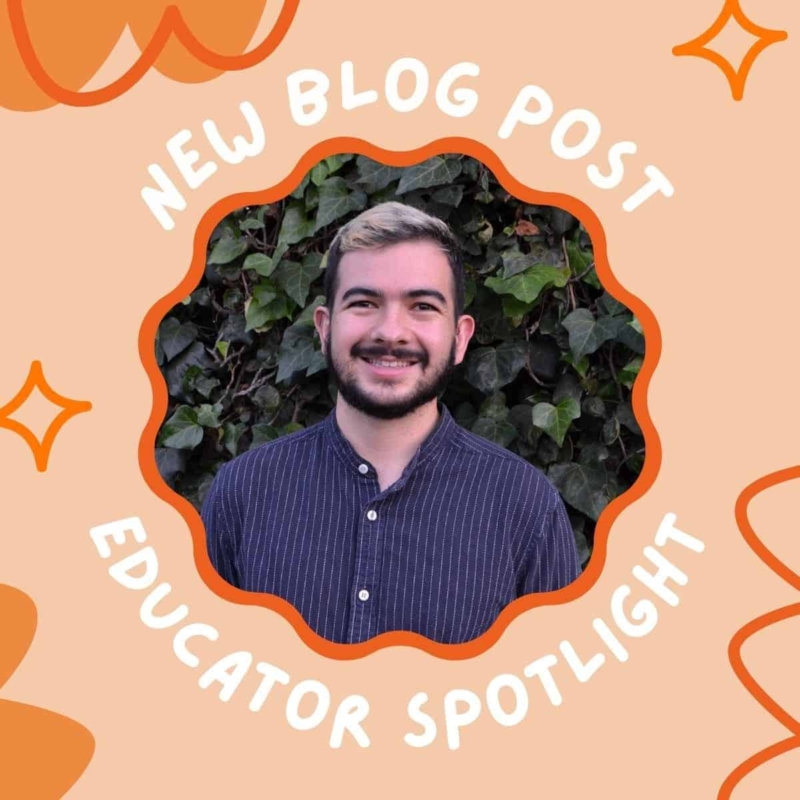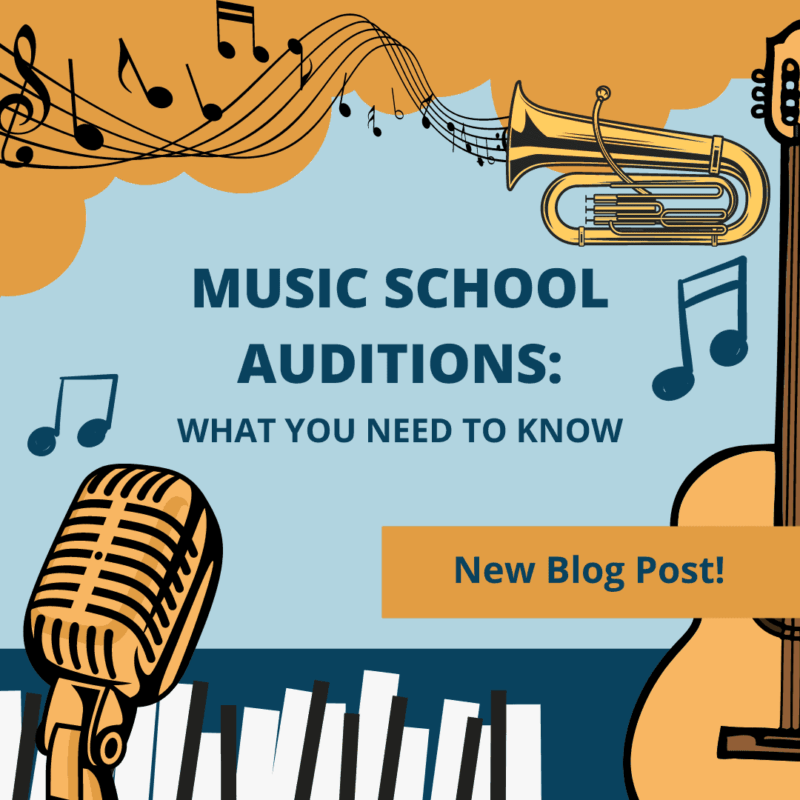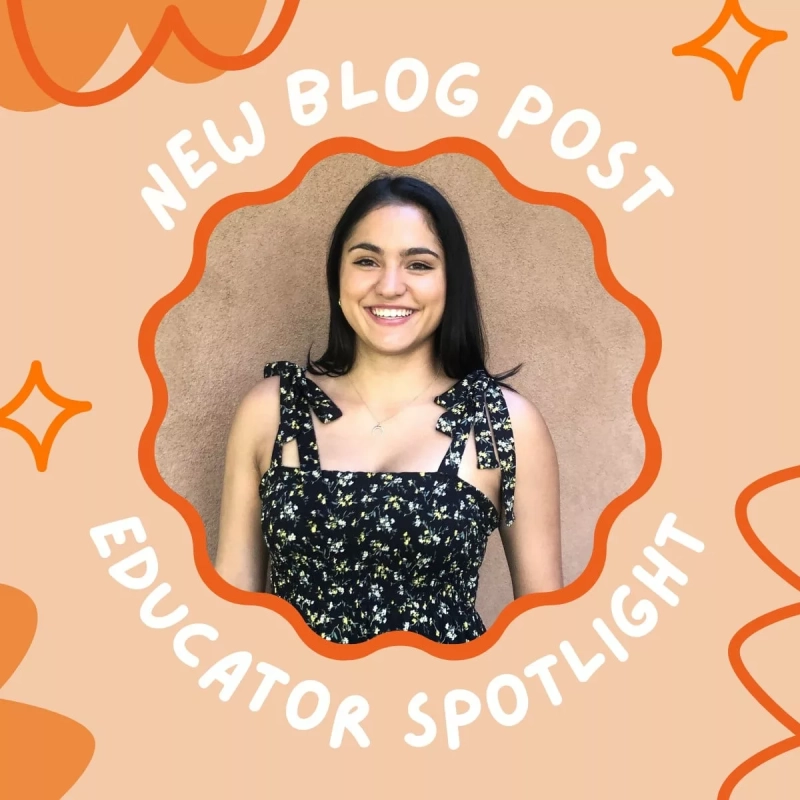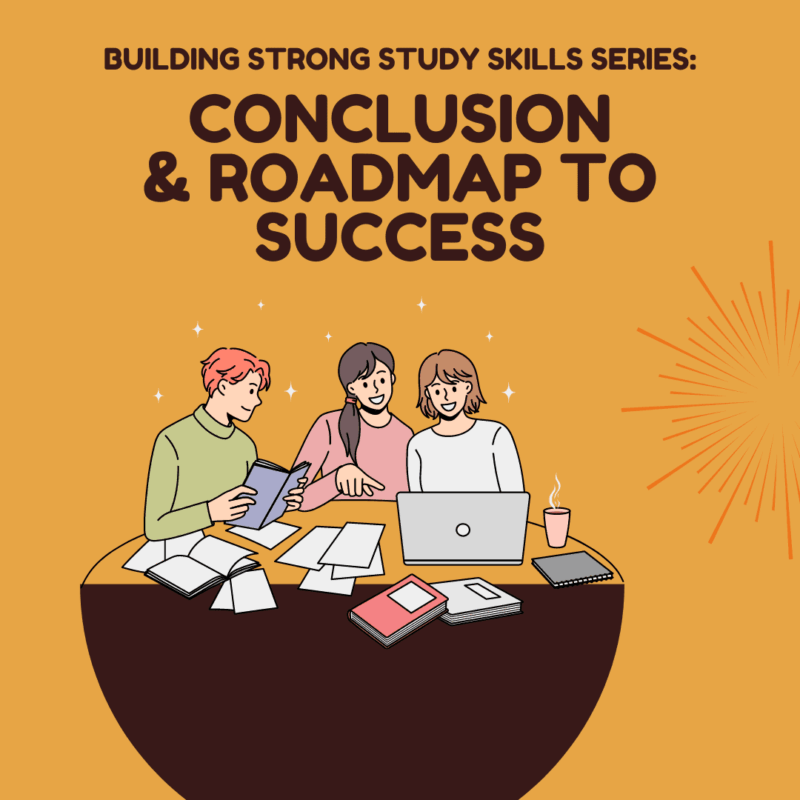What subject areas do you teach?
- Music Lessons: guitar, voice, piano, songwriting, and music production.
- Academic Tutoring: music theory
What’s the most rewarding part of being a music/guitar teacher?
Teaching is learning twice. I get to make a living out of studying and exploring music along with my students. I love seeing their fresh perspective as they learn new musical concepts and use them in ways I wouldn’t have.
What are the most common areas you see your students struggling in? How do you help them in those areas?
Music theory seems to be a very common one. I believe that a lot of the standard approaches to theory are a bit disconnected from the music the student loves.
Music theory is a lot more than just harmony, but these terms are used interchangeably by teachers quite a bit. Music theory encompasses melody writing, lyric writing, sound design, story structure and more. Harmony is one of the ways to create tension and release in a piece of music, but it’s definitely not the only one, and hasn’t been amongst the most used ones in popular styles of music for decades.
You can’t expect a student to care about harmony if it doesn’t explain the music they love. A theory teacher must be able to identify the driving elements in the music the student is interested in, and explain how those create tension and release.
For the students who are, in fact, interested in studying harmony, It only makes sense to do so in conjunction with ear training. Analyzing chords on paper has little use if you can’t hear the effect it has in the music.
I strive to get my students to the level where they don’t just know music theory, they hear and understand it.
What do you enjoy doing outside of teaching students?
I love composing, producing tracks for artists and playing live.
What do you think makes Hodis Learning & Music a great service and company to work for?
Hodis Learning & Music pays well, treats their teachers well, and cares about how much their students are evolving, rather than strictly focusing on retaining students at any cost.
More about Bruno:
Schedule a session with our expert guitar teacher today!


